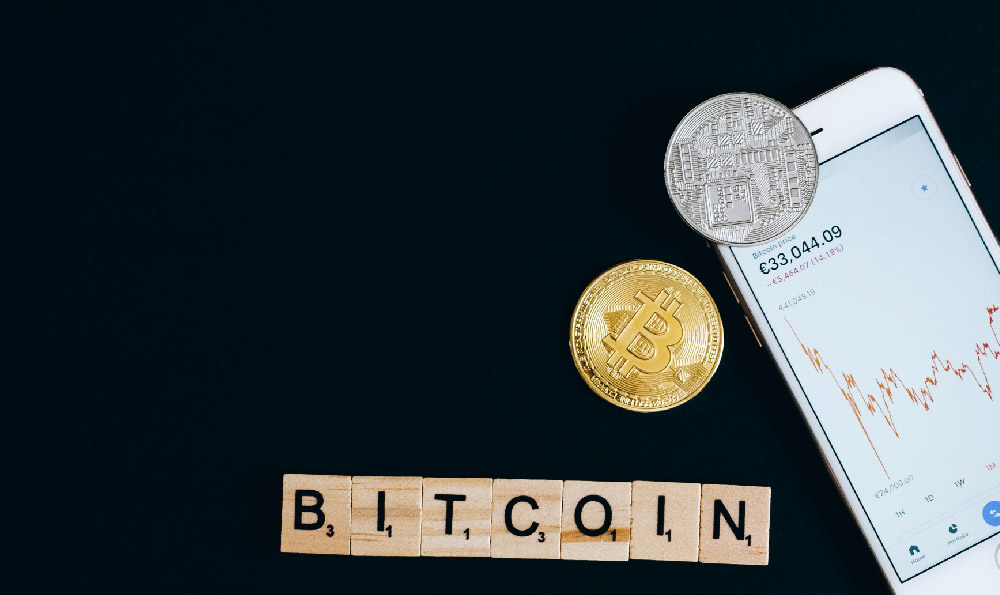Investing in El Salvador: What are the Opportunities and Risks?

Investing in El Salvador presents a complex tapestry of potential rewards and significant challenges. Understanding the nuances of this emerging market requires a thorough examination of its unique economic landscape, political climate, and regulatory framework. While the nation's adoption of Bitcoin as legal tender has grabbed headlines, it's crucial to look beyond the cryptocurrency narrative and analyze the broader investment picture.
One of the key opportunities lies in El Salvador's growing tourism sector. The country boasts stunning beaches, lush volcanoes, and rich cultural heritage, attracting an increasing number of visitors. Investment in hotels, resorts, and related infrastructure could yield substantial returns as the tourism industry continues to develop. The government has actively promoted tourism through various initiatives, including improved transportation and security measures, making it an attractive area for foreign investment. However, this sector remains vulnerable to global economic downturns and fluctuations in tourism trends, requiring careful market research and risk assessment.
Another promising area is renewable energy. El Salvador possesses abundant geothermal resources and significant potential for solar and wind power generation. The government has expressed a strong commitment to expanding renewable energy capacity, offering incentives and regulatory support for investments in this sector. This not only aligns with global sustainability goals but also addresses El Salvador's energy security concerns and reduces its reliance on fossil fuels. While the initial capital investment for renewable energy projects can be substantial, the long-term operational costs are relatively low, leading to attractive returns over time. Potential investors should carefully evaluate the regulatory environment, grid infrastructure limitations, and competition from established energy providers.

Furthermore, El Salvador's strategic location in Central America makes it a potential hub for logistics and manufacturing. The country offers access to key regional markets and enjoys preferential trade agreements with several countries. Investment in infrastructure, such as ports, roads, and industrial parks, could facilitate trade and attract foreign companies looking to establish a regional presence. The labor costs in El Salvador are relatively competitive, making it an attractive destination for manufacturing operations. However, investors should consider the country's infrastructure limitations, bureaucratic hurdles, and security concerns.
Now, let's delve into the risks associated with investing in El Salvador. The most prominent risk is political instability and corruption. While the current government enjoys popular support, the political landscape remains volatile, and corruption continues to be a significant concern. Changes in government policies, regulatory frameworks, and legal interpretations can significantly impact investment returns. Investors should conduct thorough due diligence, understand the political dynamics, and mitigate risks through insurance and legal protections. The country's reliance on a single political party raises concerns about potential abuses of power and a lack of checks and balances.
Security is another major concern. El Salvador has historically struggled with high levels of crime and violence, although the current government has made significant progress in reducing crime rates. However, the security situation remains fragile, and investors need to carefully assess the risks to their personnel and assets. Implementing robust security measures and working closely with local authorities are essential for mitigating these risks. The perception of insecurity can deter foreign investment and impact the overall business climate.
The adoption of Bitcoin as legal tender has introduced a new layer of complexity and risk. While proponents argue that Bitcoin can facilitate remittances, reduce transaction costs, and promote financial inclusion, its volatility and regulatory uncertainties pose significant challenges. The International Monetary Fund (IMF) has expressed concerns about the potential risks of Bitcoin adoption, including financial stability, consumer protection, and money laundering. Investors should carefully consider the impact of Bitcoin on their operations and risk management strategies. The lack of clear regulatory guidelines for Bitcoin and other cryptocurrencies creates uncertainty and potential legal liabilities.
Moreover, El Salvador's economy is heavily reliant on remittances from abroad, making it vulnerable to fluctuations in global economic conditions and changes in migration policies. A decline in remittances could negatively impact the country's economic growth and financial stability. Diversifying the economy and reducing reliance on remittances are crucial for long-term sustainability. Investors should assess the sensitivity of their investments to changes in remittance flows and macroeconomic conditions.
Finally, environmental regulations and social responsibility are increasingly important considerations for investors. El Salvador faces environmental challenges, such as deforestation, water pollution, and climate change impacts. Investors should ensure that their projects comply with environmental regulations and promote sustainable development practices. Engaging with local communities and addressing social concerns are essential for building long-term trust and ensuring the success of investments. Ignoring environmental and social considerations can lead to reputational damage and project delays.
In conclusion, investing in El Salvador offers a mix of opportunities and risks. The tourism sector, renewable energy, and logistics/manufacturing sectors present attractive investment prospects. However, political instability, security concerns, Bitcoin adoption, economic dependence on remittances, and environmental/social considerations require careful assessment and mitigation strategies. Thorough due diligence, robust risk management, and a long-term perspective are essential for navigating the complexities of the El Salvadorian investment landscape and achieving sustainable returns. Potential investors should engage with local experts, conduct comprehensive market research, and understand the cultural and regulatory nuances of the country before committing capital.















